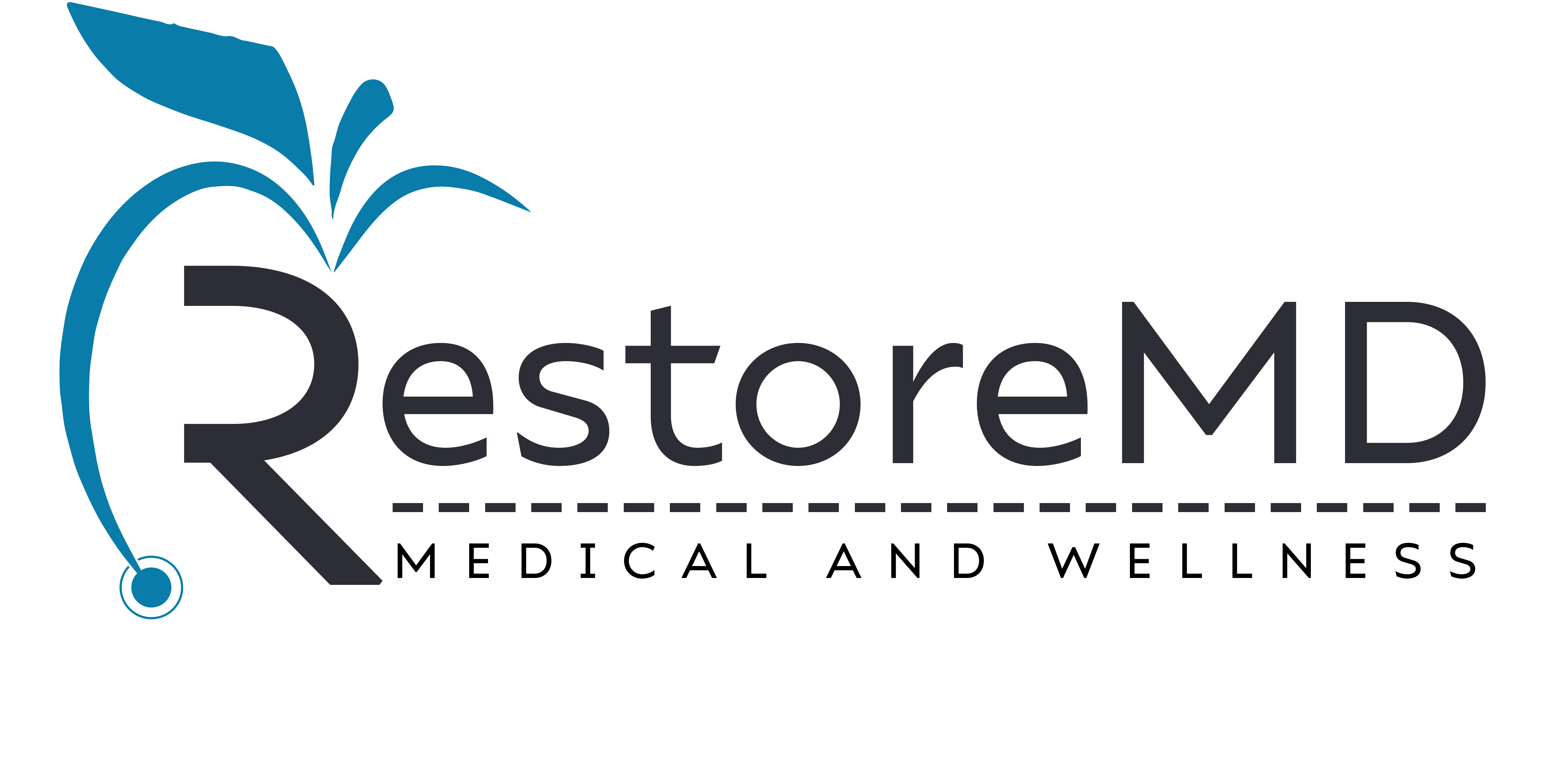
Insomnia is at epidemic levels, and one of the main concerns that my patients schedule office visits to discuss because it can really affect quality of life. Personally, whenever I get a poor night of sleep I feel dizzy, lightheaded and just out of sorts the next day. But lack of sleep can have far-reaching health effects as well!
Four health risks associated with poor sleep are:
Increased risk of obesity: Poor sleep is linked to an increased risk of obesity, as it can disrupt hormones that regulate appetite, leading to overeating and weight gain.
Heart disease: Chronic sleep deprivation is associated with an increased risk of developing heart disease, including high blood pressure, stroke, and heart attack.
Impaired cognitive function: Lack of sleep can impair cognitive function, including memory, attention, and decision-making ability, which can negatively impact performance at work or school.
Depression and anxiety: Poor sleep is also linked to an increased risk of depression and anxiety, as it can disrupt the body's natural circadian rhythm, leading to changes in mood.
The recommended nightly hours of sleep for the average adult is 7-9 hours per night.
Top 3 reasons why people suffer from insomnia are:
Psychological factors: Stress, anxiety, depression, and other psychological factors can cause insomnia. Racing thoughts and worries can keep people awake at night, making it difficult to fall asleep.
Medical conditions: Insomnia can be caused by medical conditions such as chronic pain, breathing difficulties, restless leg syndrome, or sleep apnea. These conditions can make it difficult for people to get the restful sleep they need.
Lifestyle factors: Certain lifestyle factors such as excessive caffeine or alcohol intake, irregular sleep schedule, or working late shifts can disrupt the body's natural sleep-wake cycle, leading to insomnia.
If you're really struggling with poor sleep and need help, talk to your healthcare provider for advice, testing and treatment!
Cheers to Health
Dr. Kim

Comments